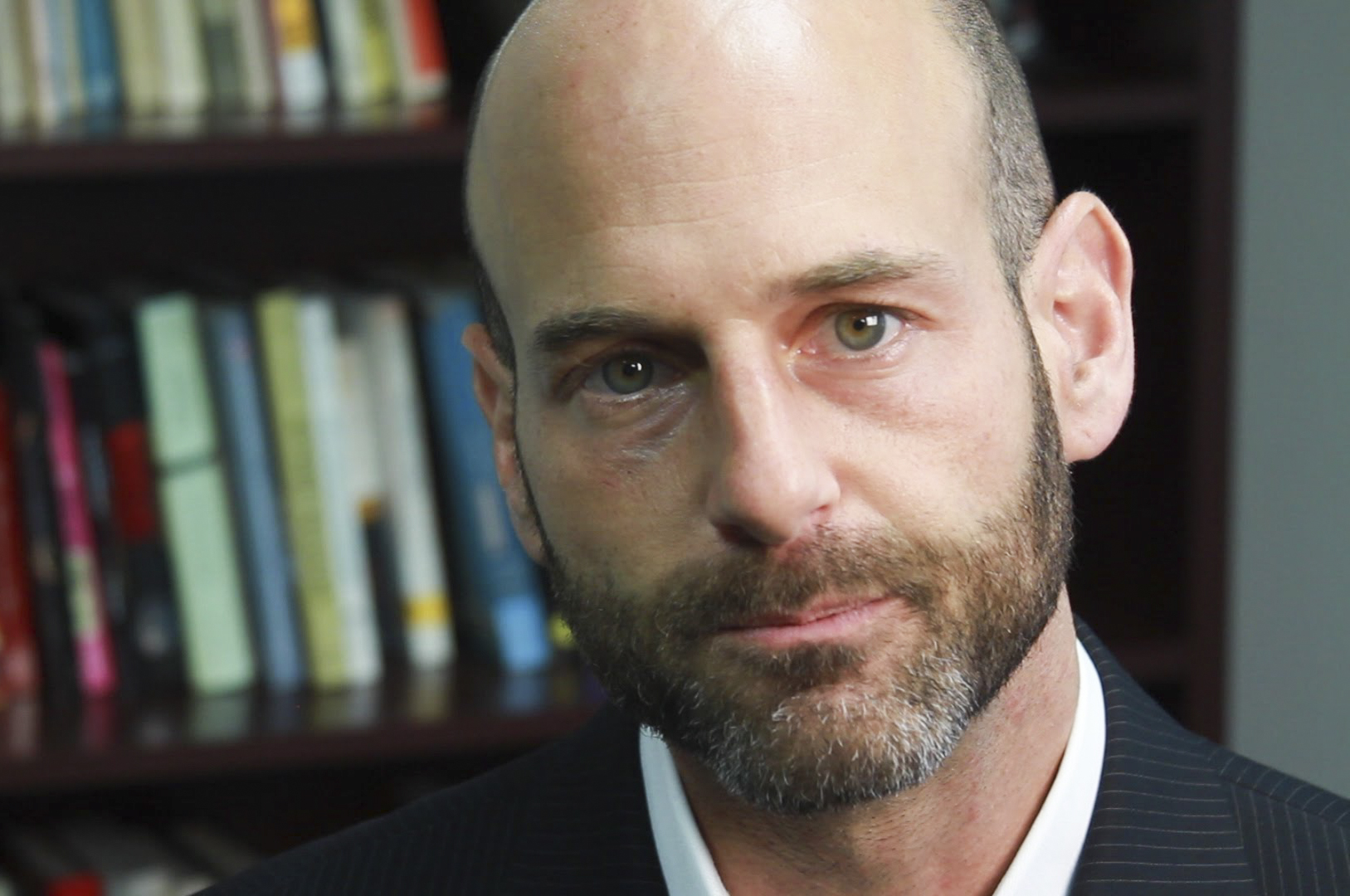
c/o youtube.com
Wesleyan alumnus and author David Vine ’97 visited campus on Thursday for a lecture titled “What Are We Getting Out of This?” Vine, a professor of anthropology at American University, drew on his two books “Base Nation: How U.S. Military Bases Abroad Harm America and the World” and “Island of Shame: The Secret History of the U.S. Military Base on Diego Garcia” to argue that the costs of American military bases abroad outweigh the benefits.
Vine appropriated the title from a question Donald Trump asked during the Republican primary criticizing the concessions the United States makes to maintain NATO alliances. Vine argued that Trump’s question broke with the entire post-World War 2 consensus that a robust military presence abroad is integral to the United States’ national security interests. This break towards isolationism would present a momentous shift in American foreign policy.
“So what’s happened since Donald Trump asked his provocative question—questioning the status quo of bases abroad?” Vine asked. “Basically very little.”
Vine drew on his own research to show that there has only been an acceleration of preexisting military strategies, speaking to the significant expansion of American military bases in Africa.
In his analysis, Vine found the price tag on maintaining troops outside the United States at roughly $150 billion.
“That’s bigger than any government agency except the Pentagon and the Veteran’s Administration,” Vine said.
The United States currently maintains over 800 military bases outside the 50 states and D.C. These bases operate in over 80 countries, ranging from Japan to the small atoll of Diego Garcia in the Indian Ocean, which is more than 1,000 miles off the coast of any continent.
“How did I become interested in bases?” Vine said. “Because of Diego Garcia.”
After lawyers for the Chagossian people of Diego Garcia approached Vine asking him to perform research for their case, Vine grew more and more interested. He went on to write his PhD dissertation and two books on their displacement.
Vine departed from a conventional perspective of this island-base and instead employed a humanitarian analysis. Diego Garcia was previously inhabited by roughly 1,500 of the Chagossian people, yet the United States wanted to turn the atoll into a military base.
“This involved forcibly removing the entirety of the Chagossian people to 1,200 miles away in the late 1960s and early 1970s,” Vine said. “Ultimately, this is about human lives.”
Vine continued by describing the difficulties the Chagossian people experienced after arriving on the Mauritius islands.
“When you displace people against their will and provide no assistance—impoverishment is the unsurprising result,” Vine said.
The Chagossian people have taken legal action against the British government and their case rose to the UK Supreme Court in 2015, yet their challenge was denied. A United Nations General Assembly voted 94-15 last June that the Chagossian land claim is taken up by the International Court of Justice. The United States and the United Kingdom opposed the measure.
Vine argued that this mistreatment of indigenous people is not unique to Diego Garcia, but instead is a result of the United States military presence abroad.
“The Chagossians aren’t alone,” Vine said. “I’ve been able to document at least 20 other cases, many of whom were displaced from their land.”
Vine then spoke to other unorthodox analyses of foreign military bases, arguing that camp towns that formed around soldiers with frequent prostitution engender militarized masculinity. Vine also claimed that military bases in dictatorships help prop up such regimes.
Even with a standard foreign policy perspective, Vine questions the efficacy of bases and disagrees with claims of defense, arguing that they are most often used offensively for wars abroad.
Corynn Greene ’20 spoke to how persuasive she found certain components of Vine’s argument.
“Coming back to that central question of ‘What Are We Getting Out of This,’ I do see tangible ways we can spend that money better domestically,” Greene said. “I also never thought about how we would freak out if any country put a base near us, yet we so callously throw them abroad.”
Mason Mandell can be reached at mjmandell@wesleyan.edu or on Twitter @MasonMandell.
Comments are closed